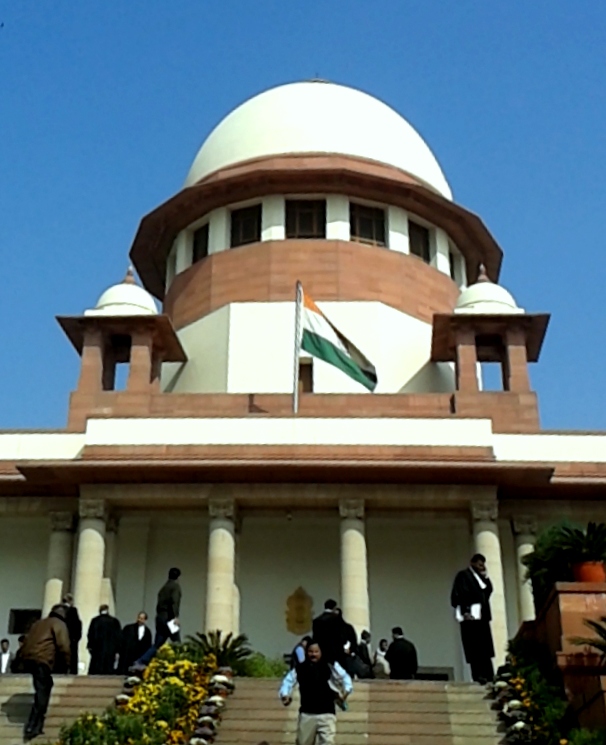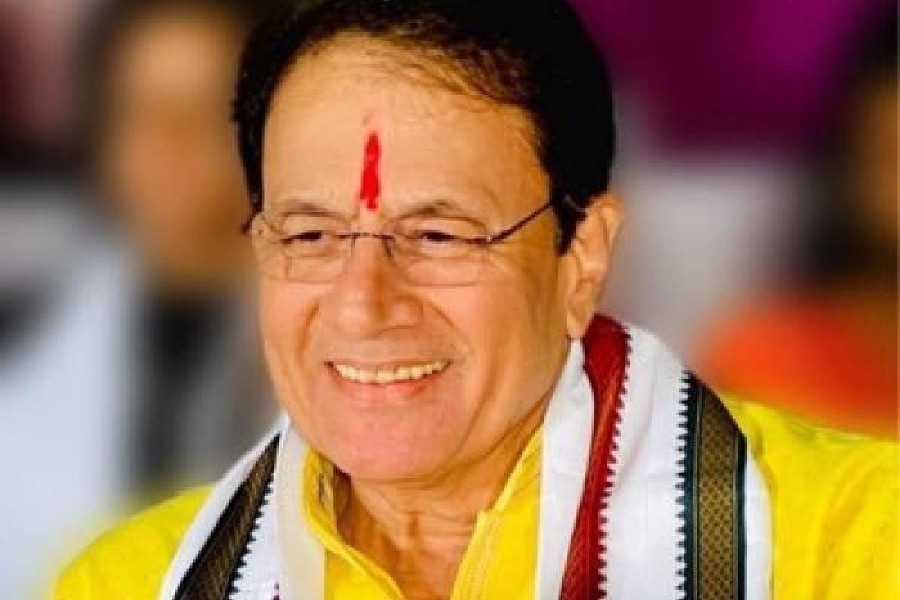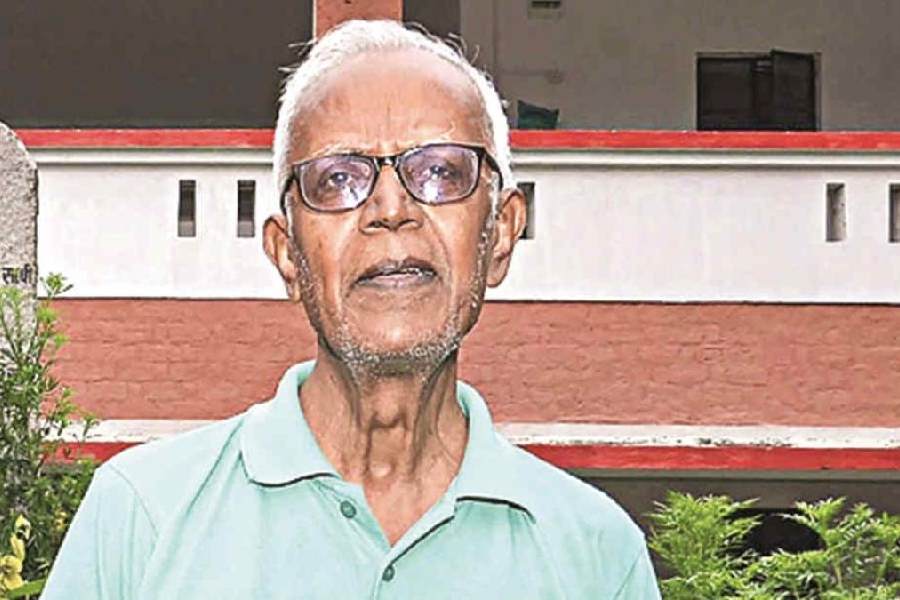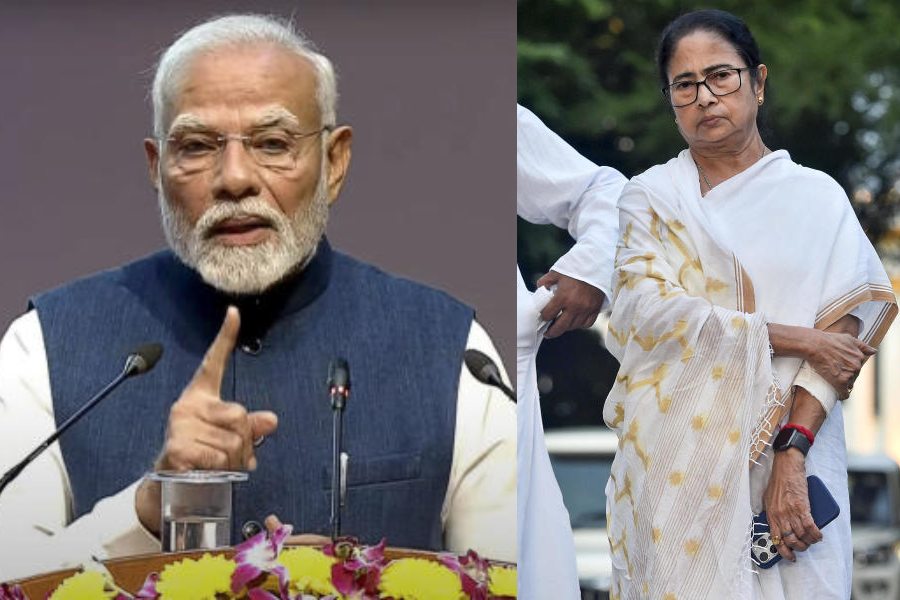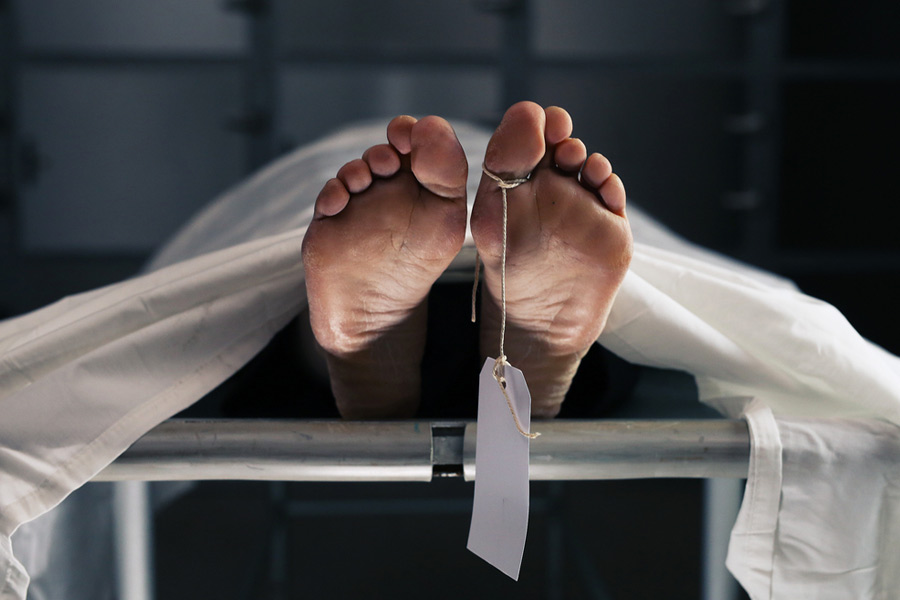Prateek Hajela, the state coordinator of the National Register of Citizens (NRC), on Tuesday stood by his suggestion in the Supreme Court that five documents, earlier accepted as proof of citizenship for Assam residents, cannot be used anymore.
Hajela was directed by the court to make a Powerpoint presentation to the state of Assam, Union of India and other stakeholders, on his report on the five documents within two days in the presence of the attorney-general and the solicitor-general. Senior advocate Kapil Sibal will attend the presentation on behalf of the stakeholders.
The bench of Chief Justice of India Ranjan Gogoi and Justice Rohinton Nariman is hearing the NRC case.
The five documents --- of the 15 allowed as proof of citizenship --- that Hajela has objected to are:
Hajela filed two confidential reports on Tuesday. According to a lawyer in attendance, CJI Gogoi informed attorney-general K.K. Venugopal that one of these would be confidential, the other subject to disclosure.
All the stakeholders have been asked to respond to the disclosed report by October 30. The bench has asked the matter to be listed on November 1.
During the hearing on September 19, Hajela had suggested removing the documents. Of these, two --- the NRC, 1951, and Electoral Roll up to March 24, 1971 --- are List A or core documents.
Hajela had said these documents should not be the basis for verification of those left out of the draft list already released. The court allowed filing of claims and objections based on the 10 other documents.
The process of updating the National Register of Citizens is being monitored by the apex court since 2013.
A draft NRC list published on July 30 excluded over 40 lakh people, putting a question on the future.
“The court has taken extra effort this time to educate the stakeholders regarding the view taken by the state coordinator for not accepting those five documents,” said Supreme Court advocate Fuzail Ahmad Ayyubi, who represents Jamiat Ulema-e-Hind and All Assam Minorities Students Union (AAMSU) in this case. He added that there will be more clarity once they get the report and understand why Hajela suggested the exclusion of the documents.
The last time, the court had declined the attorney-general’s request to share the reports with the Union of India. The bench in its order directed “Shri Hajela not to share any information pertaining to the ongoing exercise of updation of the NRC with any Executive, Legislative or Judicial Authority of the State without leave of the Court.”

